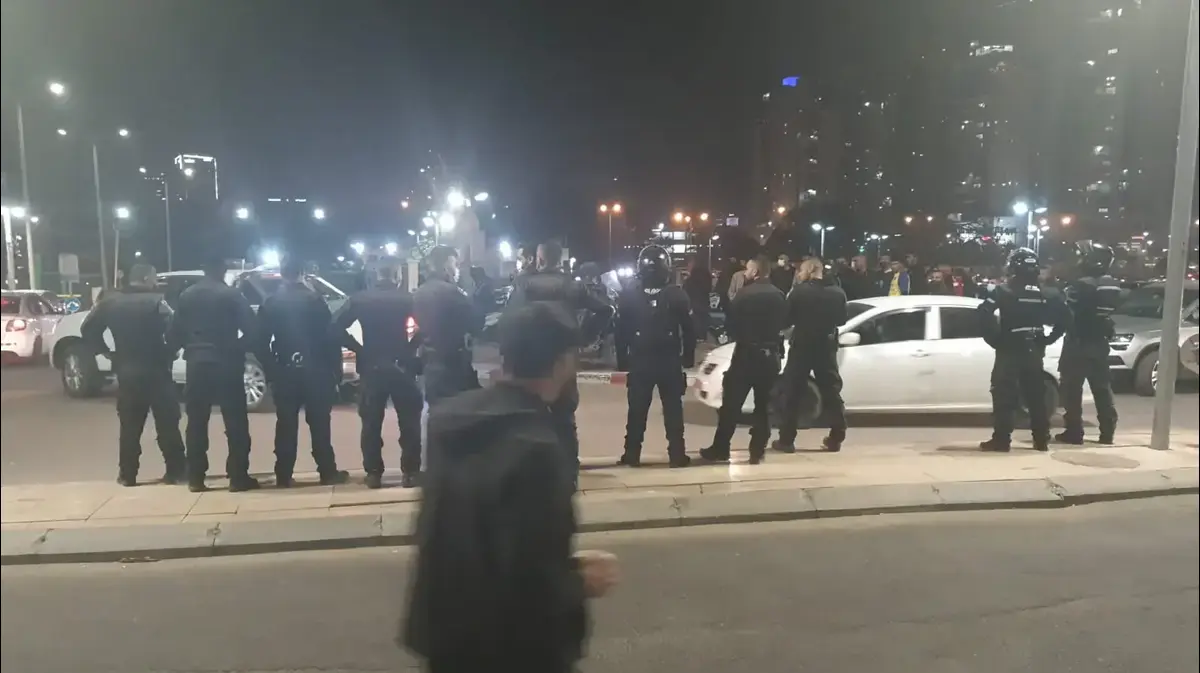(CNN) --
When Sherri Papini claimed she was kidnapped in Northern California, investigators believed they were looking for two Hispanic women who spoke Spanish, played mariachi music and fed her mostly tortillas and rice.
Papini's elaborate story about her 2016 kidnapping, which federal prosecutors now allege was false, reinforced a series of racist stereotypes and anti-Latino rhetoric that has fueled the racial divide in the United States in recent years, advocates and scholars say.
School in New York says homework considered racist by some parents is unacceptable
"She fell for stereotypes about the Latino community that are too prevalent in the general population, but clearly, she was also counting on law enforcement to rely on stereotypes," said Thomas Saenz, president and general counsel of Mexican American Legal Defense and Educational Fund (MALDEF), a Latino legal civil rights group.
Nearly six years after she went missing in Shasta County, the 39-year-old mother of two was charged with making false statements to a federal law enforcement officer and with mail fraud, the Justice Department said.
If she is found guilty, she faces up to 25 years in prison.
Papini, who was arrested last week, was released on bond and ordered by a federal judge to receive psychiatric treatment on Tuesday.
CNN has reached out multiple times to Michael Borges, an attorney for Papini, for comment.
advertising
In a 55-page affidavit filed last week in federal court, prosecutors detailed what Papini told authorities after they found her.
She told police that she was abducted and marked by two Hispanic women who kept her chained in a closet.
Papini mentioned that she overheard them talking about a buyer and that she was paid for the kidnapping, the document says.
While Papini offered only a few details about her alleged kidnappers, claiming they wore masks and she couldn't understand them because they mostly spoke Spanish, the way she described their appearance and behavior highlighted a biased view of Latinas, Stephanie L. said. Canizales, an assistant professor of sociology at the University of California, Merced.
Two sketches released by the FBI were based on Papini's description of his alleged kidnappers.
She told police that one of them wore "those big hoop earrings" and had thin, "almost drawn" eyebrows, according to the affidavit.
A sketch based on Papini's statements and released by the FBI showed one of the women with a bandana over her face.
Canizales, who has researched the causes and consequences of racism against Latinos, said Papini's description of the alleged kidnappers aligns with the image of Mexican women in which earrings and headscarves are linked to the cholo/chola subculture. and proximity to gang culture.
The political climate at the time of the alleged fake kidnapping cannot be ignored, said Sáenz, president and general counsel of MALDEF.
Anti-Latino sentiment had been rising and Papini's story probably influenced it.
In 2015 and 2016, former President Donald Trump focused part of his campaign on offensive comments about Mexican immigrants, calling them criminals.
For Sáenz, that behavior finally gave "license" to those who listened to Trump to "openly consent to racial stereotypes not only about Mexican immigrants but also about other Latino immigrants and, in general, about the Latino population, regardless of their citizenship."
The impact on the Latino community
The search for Papini and his complaints to police in 2016 took a financial and mental toll on a county with a growing Hispanic community, Shasta County Sheriff Michael Johnson said.
Sherri Papini
In total, the cost of the investigation by law enforcement agencies was about $150,000, Johnson said in a statement on Facebook last week.
The case also diverted resources from real cases with real victims.
"Not only did this farce take valuable resources away from real criminal investigation matters," the sheriff said, "but at a time when there are serious cases of human trafficking with legitimate victims, Sherri Papini used this tragic social phenomenon to gain notoriety and financial gains".
In a 2020 report, the anti-trafficking organization Polaris said that thousands of women and girls from Mexico, Central America, and Latino communities in the US are victims of sex and labor trafficking across the country.
In California, advocates and lawmakers have said that human trafficking is "rampant," "pervasive," and that many victims are black and Hispanic women.
Bill Garcia, a private investigator who volunteered to help find Papini in 2016, said Shasta County is on Interstate 5, which is known to be a corridor for traffic between Mexico and Canada.
That made me believe that Papini could be a potential target of trafficking like other women in the region.
'Racialization of crime' played a role, says academic
Some people have drawn comparisons between Papini's case and behavior that other white women have displayed in past controversial interactions with people of color.
In 2020, Amy Cooper, a white woman, called the police on a black man while birding in Central Park in New York.
The incident, which was partially filmed and posted on Facebook by the man, Christian Cooper (no relation), was widely shared as another example of white people calling the police on mundane things.
On the recording, he remains silent most of the time, as she frantically tells the police that he is threatening her and her dog.
OPINION |
The surprising trend of Latinos voting for the Republican Party
Amy Cooper faced a misdemeanor charge of falsely reporting an incident to police, but the Manhattan District Attorney's Office dropped the charge last year after she completed racial equity education and therapy classes.
"She was not being threatened, but she had a deep understanding that 'if a black man is talking to me, I am being threatened and when I tell the police that a black man is threatening me, they will believe me,'" Canizales.
said.
"In Sherri Papini's case, she was evoking the same kind of racialization of crime."
When Papini described her alleged kidnappers as Mexican women, she had similar confidence "that no one would question her because the public has accepted that this is what a criminal looks like," Canizales said.
Advocates and academics said the notion that Latinos are seen as part of an immigration crisis or as criminals has neither stopped nor gone away.
“It is a great concern that we are in 2022 and we are not dealing with less, but in many ways with more open declarations of racial prejudice against the Latino community,” said Saenz.















